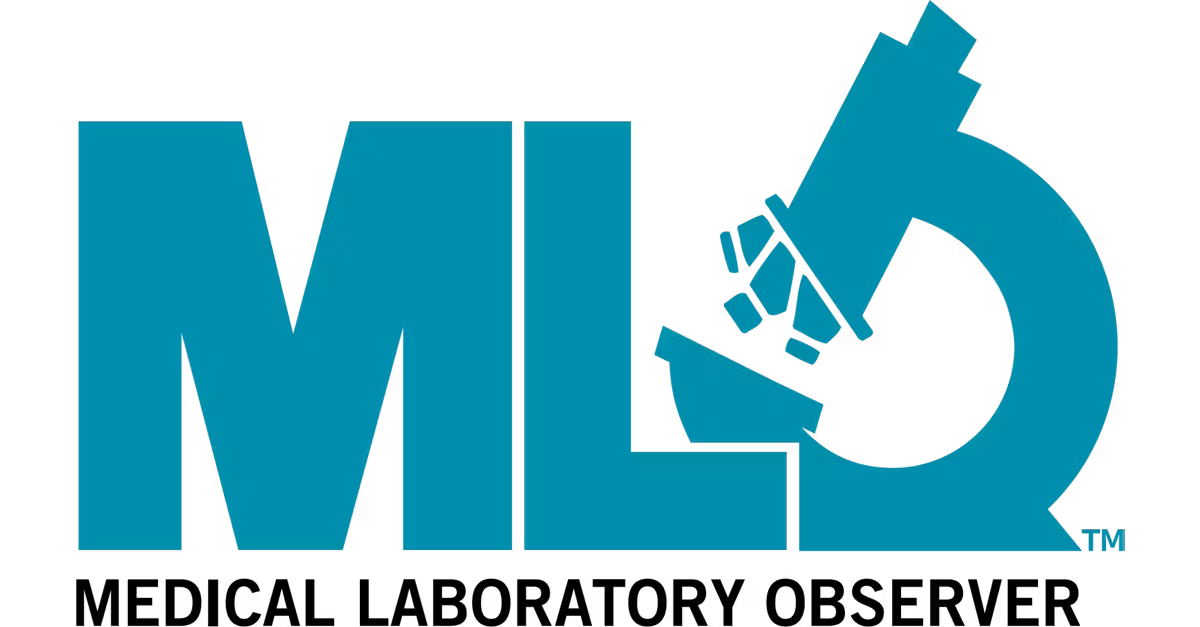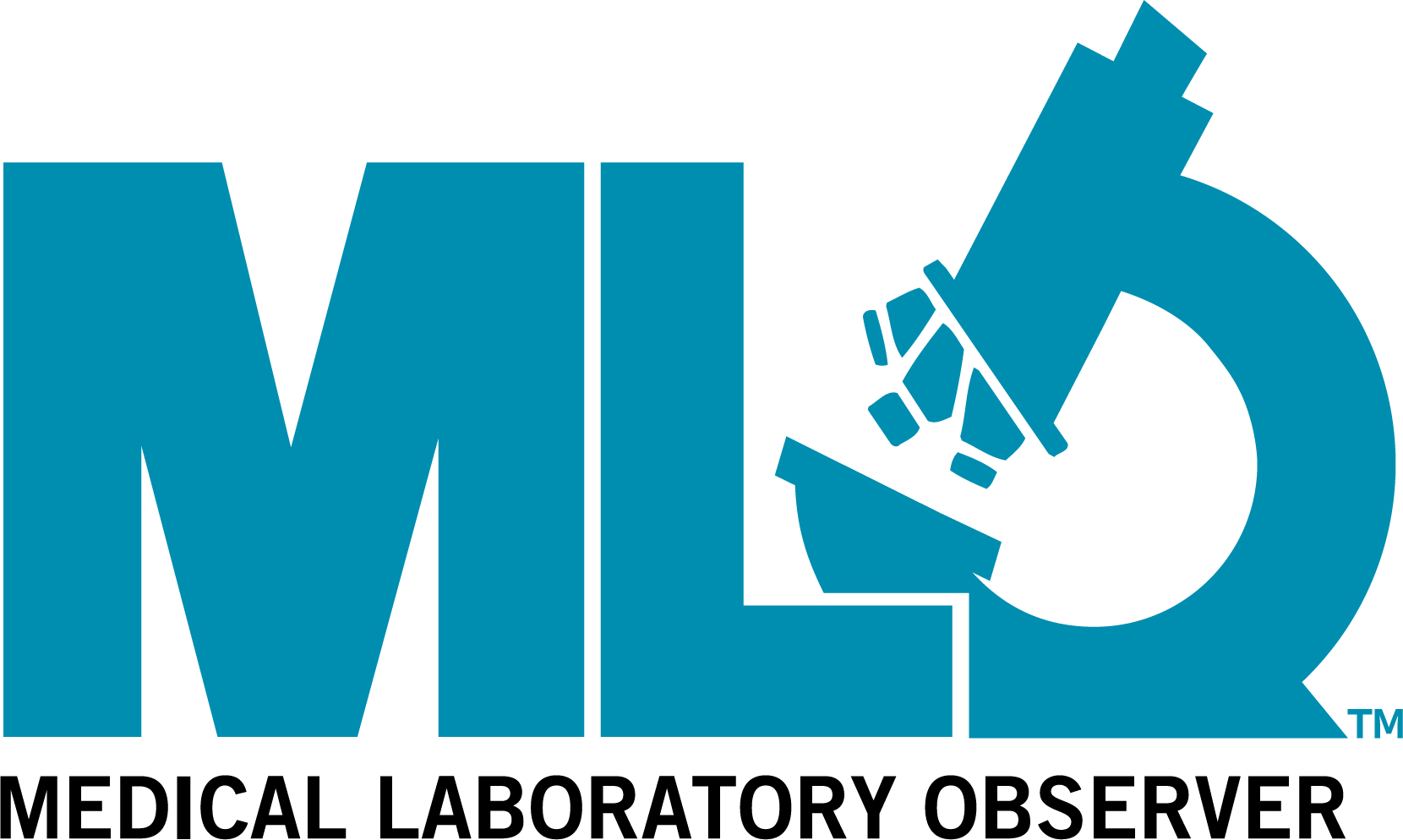January 12, 2023
Oncohost partners with US research institutions to analyze resistance mechanisms in cancer

Original source here.
By Annette Boyle
Oncohost Ltd., Baylor Scott & White Research Institute and the Translational Genomics Research Institute (TGen) have joined forces in a five-year study to improve personalized cancer therapy by better understanding resistance mechanisms. The team will analyze host response, patient microbiome, tumor DNA and immune system activity of 350 patients with non-small cell lung cancer (NSCLC).
Approximately 230,000 U.S. patients are newly diagnosed with NSCLC every year and about 20,000 people die of the malignancy annually. The cure rate for early-stage NSCLC has improved substantially in recent years with 63% of patients still alive at five years. For those with metastatic disease, however, survival rates remain quite low and just 7% survive for five years past diagnosis.
One reason for the high mortality rate is treatment resistance. The new study will tap Baylor Scott & White’s Texas Immuno-Oncology Biorepository, a research facility that collects, catalogs and stores biological samples such as urine, blood, stool, tissue, cells, DNA, RNA and protein from a large and diverse patient population.
“Our approach is a very comprehensive profiling process, one of the most comprehensive for cancer patients to date,” said Ronan Kelly, director of Oncology at the Baylor Scott & White Charles A. Sammons Cancer Center and the W.W. Caruth, Jr. chair in Immunology at Baylor University Medical Center Dallas, who is principal investigator of the study. “We’re excited to collaborate with Oncohost and TGen on this study and monitor its findings over the next five years. Our hope is that we will improve our patients’ outcomes as a result of this research study.”
Increasing understanding with Prophet
Oncohost’s Prophet platform will perform the foundational analysis for the study. Prophet is a plasma-based proteomic tool used to inform first-line treatment decision-making for cancer patients. The platform uses high-throughput proteomics to evaluate more than 7,000 proteins in a sample of a patient’s plasma and identify the patterns that indicate likely treatment response or resistance. By analyzing individuals’ resistance mechanisms, the system produces recommendations for potential therapies and combinations to treat the patient that overcome or circumvent their own resistance.
With TGen and Baylor Scott & White, Oncohost aims “to identify early resistance to treatment using multiomics technologies, which are further revolutionizing biomedical research,” said Ofer Sharon, CEO of Binyamina, Israel-based Oncohost. “This long-term study will provide an extensive assessment of cancer dynamics and the development of resistance. We are working towards gaining a better understanding of patient response and, ultimately, improved overall survival for patients with advanced cancer.”
The five-year time frame will provide information not available with a single analysis. “Cancer is not a one-time event. Even when you run a blood test or tissue assessment of the tumor today, it's usually a snapshot,” Sharon told BioWorld. “What we're trying to figure out is what the cancer resistance mechanism dynamics look like across time by looking at a lot of factors and combining them with our powerful algorithm.”
This study takes Oncohost in some new directions. Up until now, Oncohost has focused on patients with metastatic disease. “What is new in this one in addition to the multiomics approach is that we are going also to look at patients with earliest stages of disease. So, patients where we are aiming for cure. So it’s obviously super important to understand if the patient is responding or not,” Sharon added. For the metastatic population, the team is also looking at a new adjuvant setting, where patients are being treated before surgery or after surgery.
Predictive model for immunotherapy
Oncohost also recently reported results from a study that evaluated the clinical benefit of immune checkpoint inhibitors in NSCLC patients. The model created proteomic profiles from single blood samples taken from patients prior to treatment and used the Prophet platform algorithm to predict benefit probability at 12 months. The model outperformed the more commonly used PD-L1 biomarker.
Understanding which patients will benefit from ICIs is important because studies show that only a minority of patients respond to the therapies, which have significant adverse effects and costs.
"With just one blood test pre-treatment, we will now be empowered with a level of knowledge that is currently non-existent. Understanding the response probability trajectory for a full twelve months before treatment initiation, combined with insights on resistance associated pathways and proteins, has the potential to allow physicians to make critical clinical decisions earlier, all based on personalized patient data," said Sharon.
Oncohost raised $35 million in a series C funding round in May 2022, which it is using to expand the PROPHETIC trial of Prophet and bring the platform to market. OncoHost’s Prophet platform is set to launch in the U.S. in February 2023.





